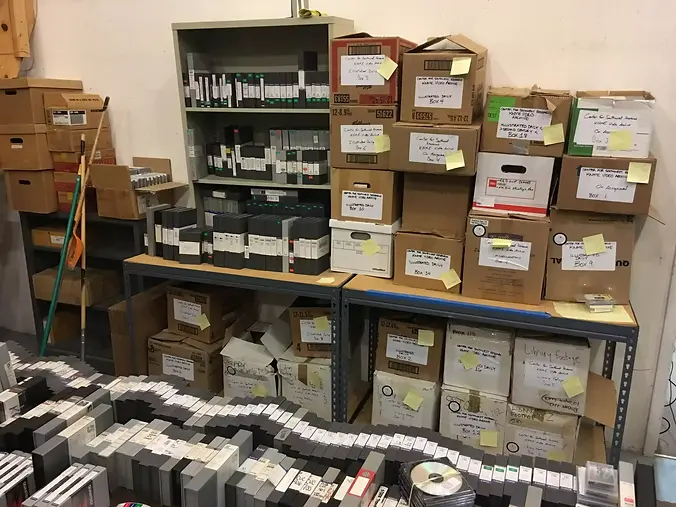
Audience Voices & Accidental Archives
How communities remember public broadcasting online
Not all archives live in museums. Some exist in the affection of audiences, the posts of alumni groups, or memorial tributes shared online. These informal collections reveal how people themselves preserve history—and why gathering these stories matters for the futures,
Donnybrook - KETC St. Louis (est 1987)

Why Should We Archive?
"Each PBS station holds a unique and irreplaceable legacy within its community, a sentiment shared by our station manager, Franz. Having a dedicated staff who understand and appreciate this legacy is crucial. Many of us have been here for a long time, developing a deep appreciation for the archive's value. This archive is more than just a collection of documents; it is a testament to the station's history and its significant impact on the community."
- Micheal Kamins, Executive Producer KNME
What Are Legacy Interviews?
Legacy interviews are a way to preserve the experiences of individuals for future generations. These interviews typically involve asking questions about a person's time and accomplishments within the public broadcasting industry. The goal is to create a record of their legacy that can be passed down to future generations.

Next Steps
For the first phase of the archive project TRAC proposes to function as a midwife to the creation process by helping to create a steering committee to plan the archive creation - including how it is to be supported and where it is to be housed.
The urgent need is to collect materials and interviews from retiring and retired individuals before they pass from the scene. This might involve alerting individuals and organizations about preserving their materials for assembly and deposit in this future archive.



